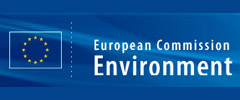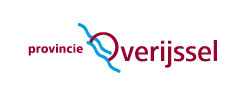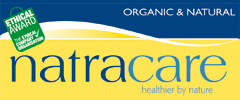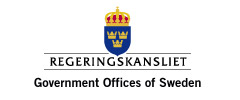Pan European workshop – Parasites and WASH in the European region
Parasites, such as intestinal worms (STH) continue to pose a serious health burden across the world and in Europe, to effectively tackle the issue, a pan-European workshop was held in Bonn, in December 2012
08.01.2013 |

In the pan-European region WHO estimates that more than four million children are in need of preventive chemotherapy. Despite the free support of medication, additional effort is needed in the areas of water, sanitation and hygiene (WASH) to gain control of STH.
This has also been realized by the 4th and 5th Ministerial Conferences on Environment and Health, and was announced as a priority goal by the Protocol on Water and Health in 1992. WHO/ECEH is developing a strategic action plan for control and prevention of STHs in pre-schooled children in the European region. A kick-off was made in Bonn, on 17-18 December 2012 with an international workshop to set the regional strategy for preventing STH infections. Representatives of 14 countries of the European region attended the workshop.WECF’s advisers for water and sanitation, Margriet Samwel and Claudia Wendland, were invited to share their experiences from the region and to exchange information on possible contribution from civil society especially related to the WASH sector.
Results – tremendous underestimates of STH prevalence
During the successful workshop, valuable information was shared and a series of good results were gained. For instance, underestimation of numbers has been identified as a common problem. Also, WECF called for action on improving the WASH infrastructure, impressively demonstrating its positive results. Further studies presented supported the claims and further highlighted the economic benefits of investments. They also reminded of already existing political commitments. Also, decisions were made to take the first steps towards control of STHs.
Participants of the workshop reported a number of data on STH cases in the different countries. However, a comprehensive overview of the prevalence in the countries themselves is still rare. Also, the prevalence of STH is hard to assess, with only one in ten patients seeking health care and thus being registered, as a study in Kyrgyzstan showed. This means that the current data reported by health authorities are tremendous underestimates of the real situation of STH prevalence!

Within a strategic plan for the elimination of soil-transmitted helminths in children within the WHO European Region, three countries are the first to be evaluated related to the STH prevalence and WASH situation: Moldova, Romania and Turkey. Missions take place in December 2012, January and February 2013. WECF contributes to the evaluation of the WASH component in Romania and Turkey.
Read the full article by Dr. Claudia Wendland here (PDF).
For more information about the Strategic plan on STH elimination, you can visit the UNECE website
Related News
Meet the Winners of the Gender Just Climate Solutions Award at COP24
On the 70th anniversary of the Universal Declaration of Human Rights, we awarded Gender Just Climate Solutions Winners at the climate negotiations in Katowice, Poland
11.12.2018
Invitation: Gender Just Climate Solutions Award 2018
10 December, COP24 Katowice
04.12.2018
Getting to the Future We Want
4-7 November, Brussels: European Environmental Bureau’s (EEB) Annual Conference
12.11.2018
GoodFood4All
WECF and partners all over Europe start GoodFood4All Campaign
06.11.2018
#Ruralwomen: join our Women2030 campaign!
15.10.2018







































